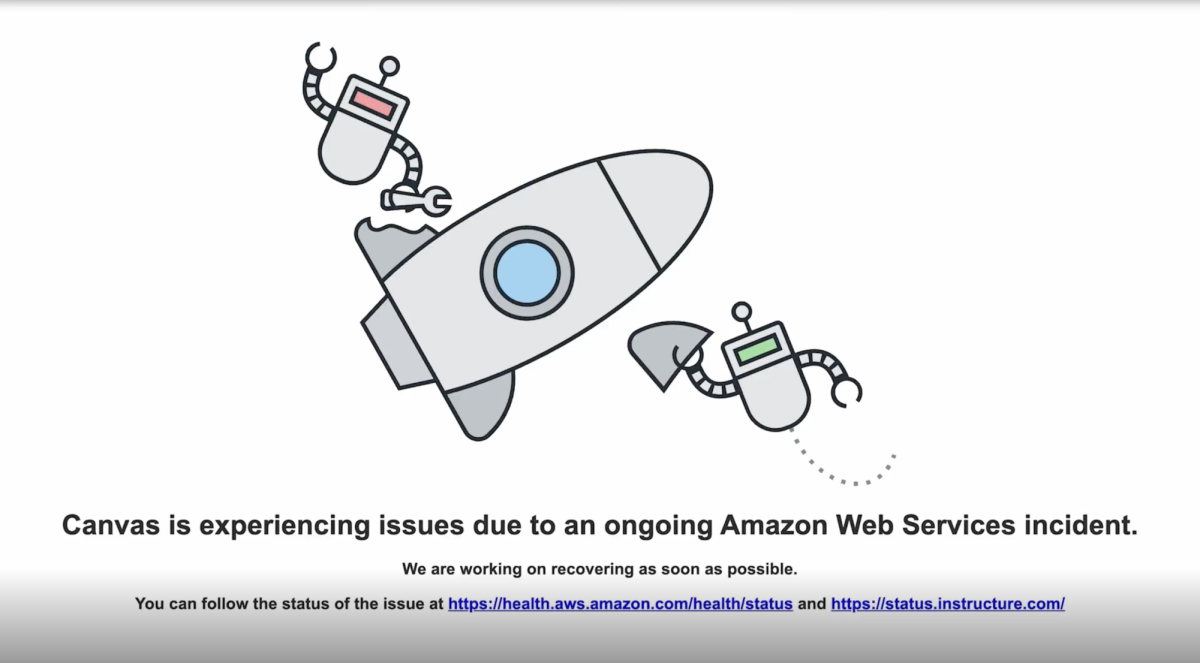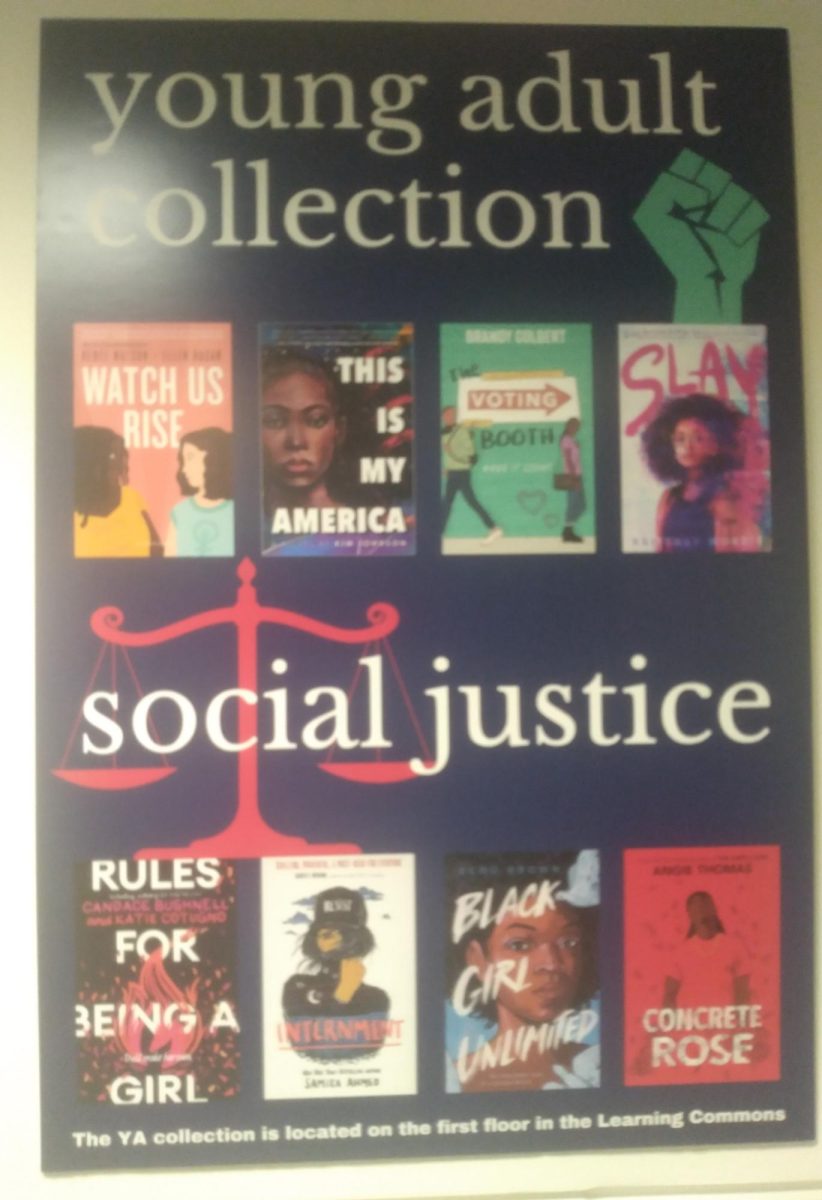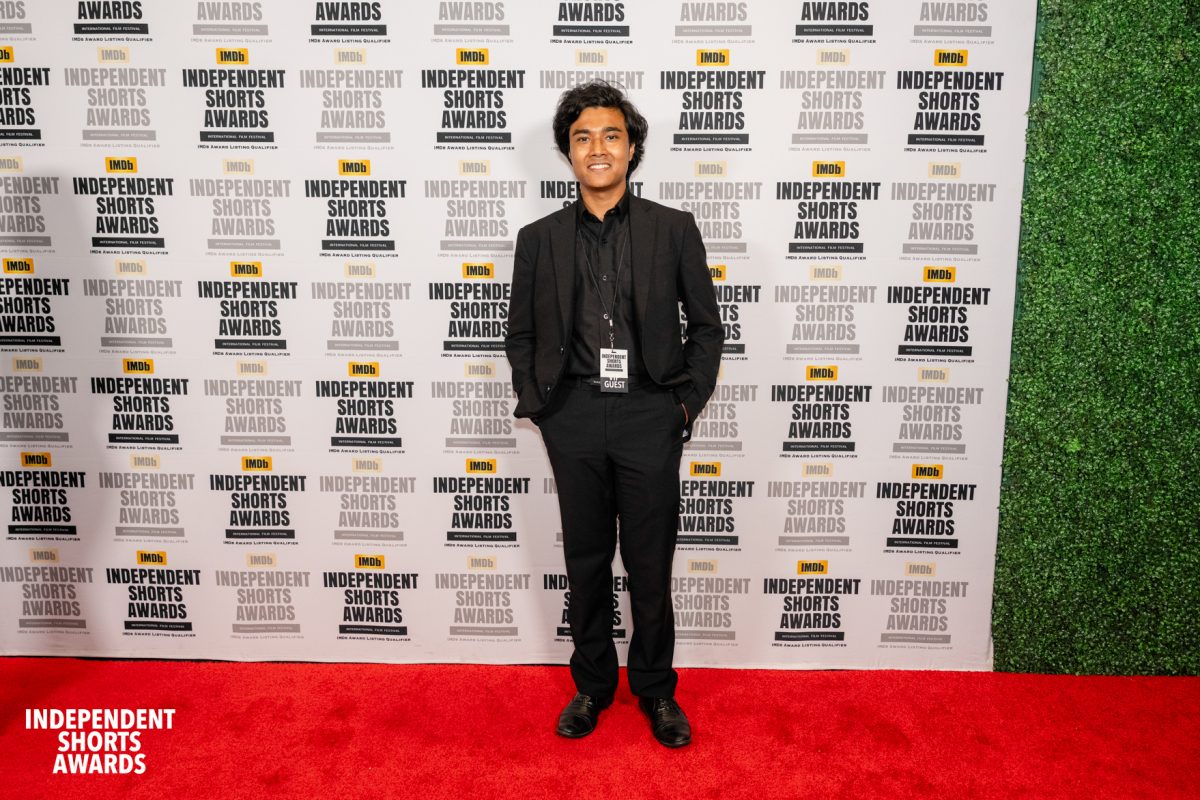Spotify has spent the past week embroiled in controversy around a push to remove ‘The Joe Rogan Experience’ from its platform due to spreading misinformation about COVID-19 and the vaccine. The situation has sparked an ethical debate between the fine lines of free speech and censorship, but more than ever, it reveals the company’s priority of money.
Back in December 2021, 270 medical professionals published an open letter criticizing Joe Rogan for spreading misinformation on his podcast, ‘The Joe Rogan Experience’ and demanded Spotify be transparent about its content moderation policies.
Rock musician Neil Young then announced his own plans to leave Spotify in protest. Other creators like Joni Mitchell and Roxanne Gay followed suit.
In response, Spotify made its content policies around misinformation public, created a COVID-19 information hub and put advisories on all content related to COVID-19.
However, they’ve largely stood by Rogan and argued that they are a platform, not a publisher, and therefore have no responsibility for the content that gets posted.
This controversy is part of a larger debate about how much responsibility companies like Spotify should take for the content that they host.
On one hand, too much responsibility would cause platforms to stifle free speech to avoid legal action. On the other hand, lax moderation policies are a breeding ground for misinformation and hate speech.
This is not a simple issue. What many people seem to be forgetting, however, is that for companies, this is more about cost than ethics.
‘The Joe Rogan Experience’ is easily one of the most popular podcasts on the internet. It was the most listened-to-podcast in the U.S. in 2021.
Rogan even has a $100 million exclusive deal with Spotify. Not only does he have a sizable platform to stand on, but Spotify is also financially invested in his success.
Even more revealing, Spotify’s CEO Daniel Ek stated in a company town hall that exclusive deals with creators like Rogan were essential for the company to reach its goals.
In his speech, Ek stated that if the company wanted to grow, it needed to be willing to host all types of content, even those that they sharply disagreed with.
This situation echoes last year’s controversy at Meta, formerly known as Facebook, Inc. In October 2021, whistleblower Frances Haugen revealed that Facebook knew well the negative impact its content and algorithms were having on its users. They knew this and still chose to prioritize growth and earnings at the cost of its users and democracy itself.
Meta and Spotify are not the only companies to do this, nor will they be the last. Tech companies have shown that when it comes to protecting users and protecting their growth, they will choose their growth every time, even if it means giving a megaphone to harmful information.
The problem with Rogan’s podcast isn’t his opinions. It’s that his opinions about the pandemic and the people he brings on to support them are factually wrong.
A simple search online will lead to dozens of peer-reviewed and scientifically supported articles disproving his claims. Yet, people are expected to engage with it like it is legitimate.
Free speech is crucial, but using it to protect those who spread lies is dangerous.
It is no doubt that many of Rogan’s fans are not engaging critically with his content. They are taking his word as gospel and using it to guide their health decisions.
Their decisions could put themselves and those around them at risk. This is more than maintaining open debate- this is about public health. Some things just shouldn’t be compromised in the name of money.





















